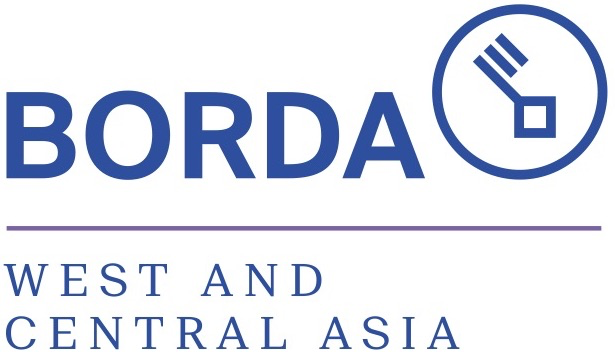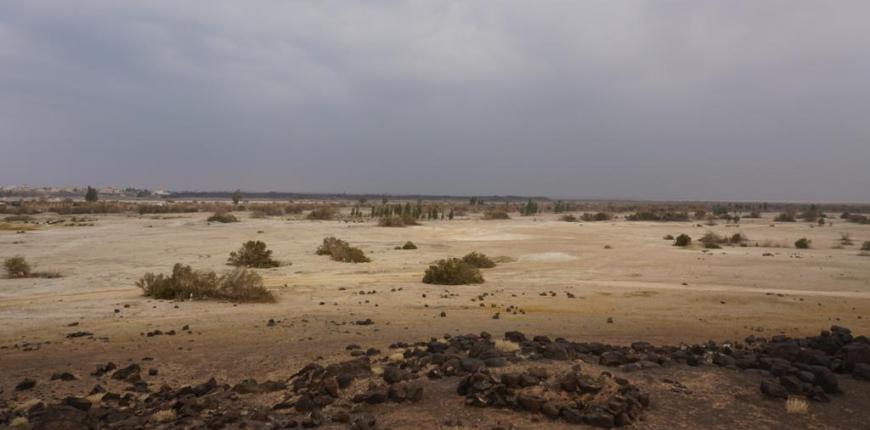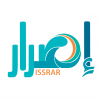Inadequate sanitation systems in Jordan affect both host and refugee communities and pollute the scarce water resources of the country. At the same time, reusing treated wastewater could relief pressure on water sources and make much-needed nutrients and irrigation water available for agricultural production and local economies.
The “Innovative Sanitation Solutions and Reuse in Arid Regions” (ISSRAR) project aims to maximise the reuse of water in underserved communities in Jordan and falls under the umbrella of a Memorandum of Understanding between Switzerland and Jordan governing cooperation in the fields of Water, Sanitation and Hygiene (WASH), Water Governance, Water Diplomacy and Transboundary Water Management in Jordan. The project is funded by the Swiss Agency for Development and Cooperation (SDC) and implemented by the ISSRAR consortium, made up of the Bremen Overseas Research and Development Association (BORDA) and seecon international gmbh.
By realising a showcase sustainable sanitation system in Azraq, the ISSRAR Consortium aims to increase wastewater treatment efficiency, improve faecal sludge management, and turn waste streams into physical and financial resource streams by ensuring and promoting the safe reuse of treated wastewater and faecal sludge. The project seeks to contribute to reducing existing environmental risks related to unsafe sanitation practices, creating better living conditions from an environmental, public health and economic perspective and thus improving resilience of local populations.
The Sanitation Project Implementation Perspective documents and makes available experiences, proven approaches and methodologies and learnings with recommendations from implementation of the ISSRAR project. The Sanitation Project Implementation Perspective further aims to facilitate replication and scaling-up of sanitation solutions to contexts with similar challenges.
Disclaimer
The Sanitation Project Implementation Perspective reflects only the authors' views and not those of the Swiss Agency for Development and Cooperation. This work may rely on data sources external to the members of the ISSRAR Project Consortium. Members of the Consortium do not accept liability for loss or damage suffered by any third party as a result of errors or inaccuracies in such data. The information in this document is provided "as is" and no guarantee is given that the information is fit for any particular purpose. The user thereof uses the information at their sole risk and neither the Swiss Agency for Development and Cooperation nor any member of the ISSRAR Consortium is liable for any use that may be made of the information.
Objectives
The ISSRAR project aims to develop a suitable intervention plan, design appropriate sanitation infrastructure and operational concepts, raise awareness, and build local capacity. The consortium and its local partners participate with civil society by way of recommendations for legal and regulatory amendments with the goal of triggering policy and behaviour change in the area of water reuse. Once implemented, the project will lead to water reuse and water resource recovery at community level.
ISSRAR is made possible by the financial support of:
ISSRAR is a project implemented by:
| The Bremen Overseas Research and Development Association www.borda.org BORDA is a non-profit civil society expert organization headquartered in Bremen, Germany, that provides innovative, demand-driven support in wastewater management and integrated urban planning. |  |
| seecon international gmbh www.seecon.ch seecon is a Swiss consultancy specialising in good water governance and providing support to water-sector institutions to establish sustainable business strategies. |  |
For more information please visit: https://borda-wesca.org/




